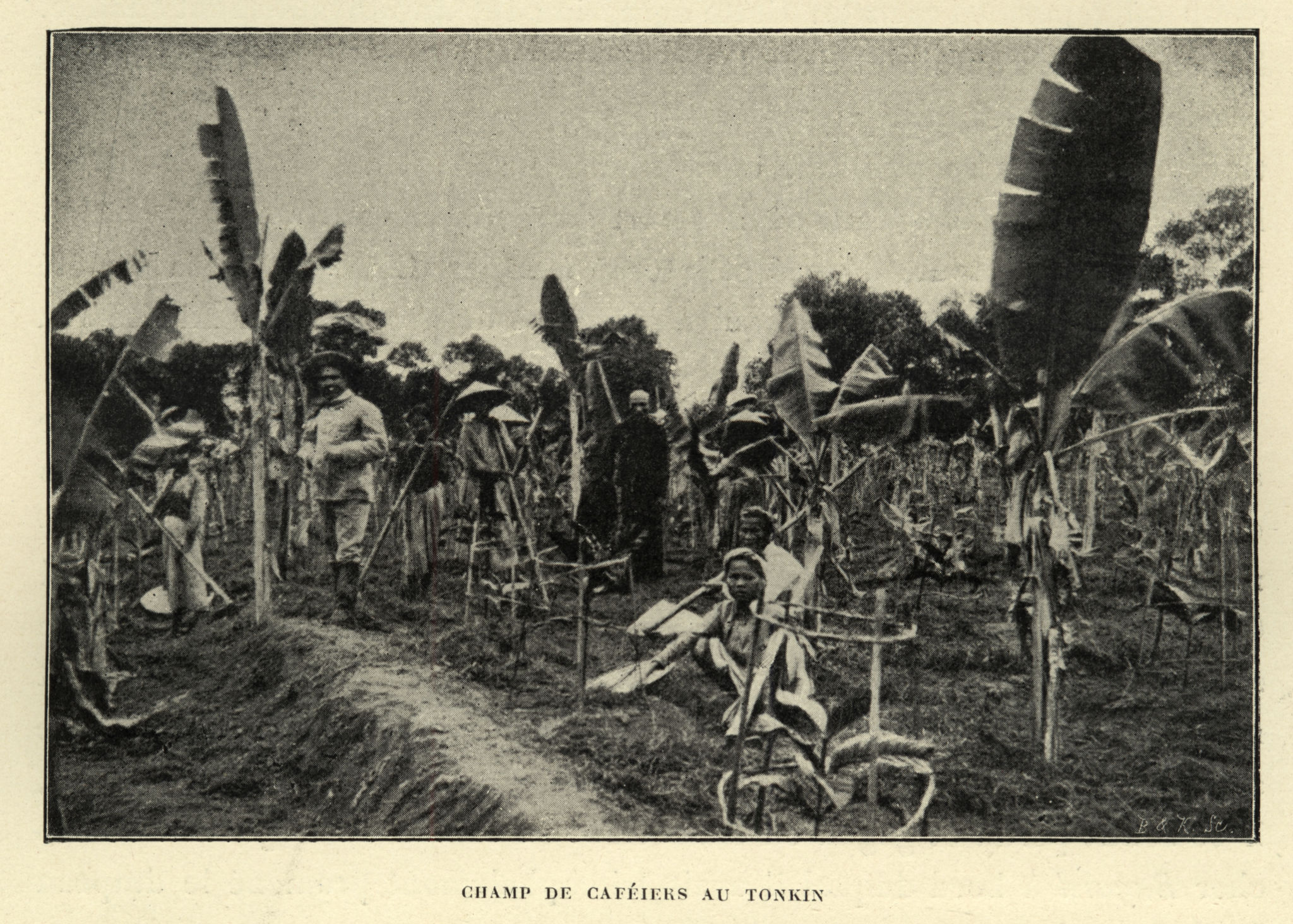Exploring the Spiritual Significance of Coffee in Christian Traditions
The Historical Roots of Coffee in Christian Culture
Coffee has long been intertwined with various religious traditions, including Christianity. Its journey into Christian culture began in the Middle Ages when coffee was first introduced to Europe. Monks in religious communities found its energizing properties beneficial for maintaining alertness during long hours of prayer and meditation. The use of coffee soon spread beyond monasteries, becoming a staple in the daily routines of many Christian communities.

During the 16th century, coffee was initially met with skepticism by some Church authorities who were wary of its origins from Muslim lands. However, Pope Clement VIII was said to have tasted coffee and found it delightful, leading to its acceptance among Christians. This papal approval helped cement coffee's place within Christian societies, where it was often consumed during social gatherings and religious discussions.
Coffee as a Tool for Fellowship and Community
In many Christian denominations, coffee plays a significant role in fostering fellowship and community. Church gatherings often feature "coffee hours" after services, providing an informal setting for congregants to connect and share experiences. These gatherings help strengthen bonds within the community, creating a sense of belonging and shared purpose.
Coffee's role in community building extends beyond the church walls. Many Christian groups host coffeehouse-style events to engage with the broader community, offering a welcoming space for dialogue and outreach. These events often incorporate music, art, and discussions on faith, making them an effective way to reach new audiences and foster spiritual growth.

The Symbolism of Coffee in Christian Rituals
While not typically part of formal liturgical practices, coffee holds symbolic significance in some Christian traditions. It can represent hospitality, generosity, and the nurturing of relationships. In some cultures, offering coffee to guests is seen as an act of kindness and an opportunity to share one's faith through conversation.
Moreover, coffee's journey from bean to brew can be seen as a metaphor for spiritual transformation. The process of cultivating, roasting, and brewing can symbolize the refining of one's spirit through trials and tribulations, ultimately leading to a more profound spiritual awakening.
Coffee as a Catalyst for Spiritual Reflection
For many Christians, coffee is more than just a beverage; it serves as a catalyst for spiritual reflection and contemplation. The quiet moments spent savoring a cup of coffee can provide opportunities for meditation and prayer. This practice allows individuals to pause amid daily life, centering their thoughts on gratitude and spiritual growth.

Some Christian authors and thinkers incorporate coffee into their devotional practices, using it as a tool for mindfulness and introspection. By focusing on the sensory experience of drinking coffee, believers can cultivate a deeper awareness of God's presence in their lives and appreciate the simple joys of creation.
The Future of Coffee in Christian Traditions
As new generations embrace both coffee culture and spirituality, the role of coffee within Christian traditions continues to evolve. Modern churches are increasingly incorporating coffee shops into their facilities, providing spaces for both worshippers and the community to gather. These spaces serve as venues for faith-based discussions, workshops, and community outreach initiatives.
Looking ahead, coffee will likely remain a beloved aspect of Christian culture, symbolizing hospitality, community, and spiritual reflection. As believers seek new ways to connect with their faith and each other, coffee will continue to be a comforting and inspiring presence in their spiritual journeys.